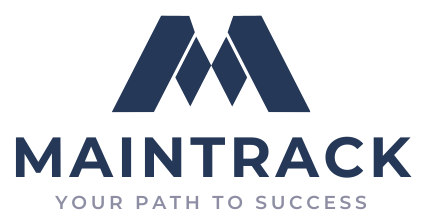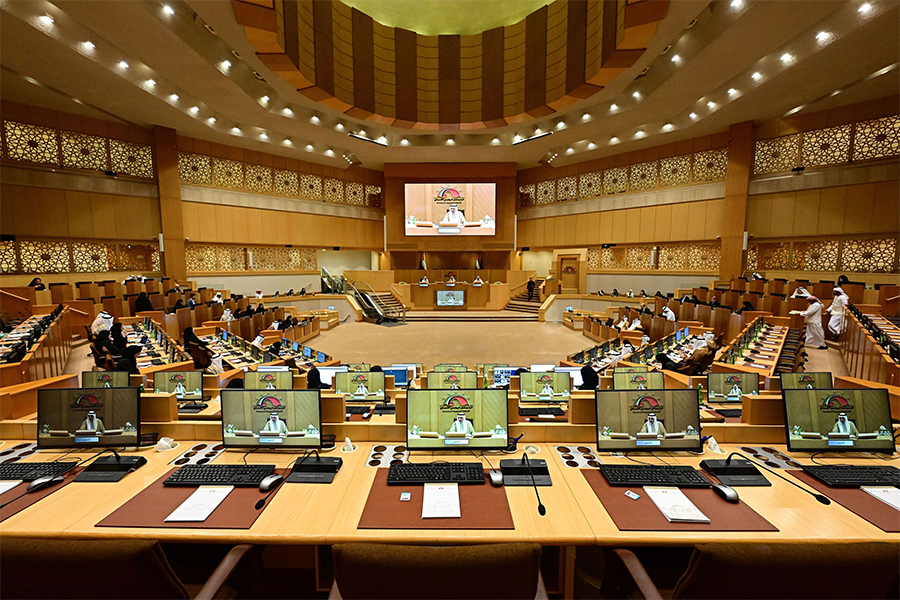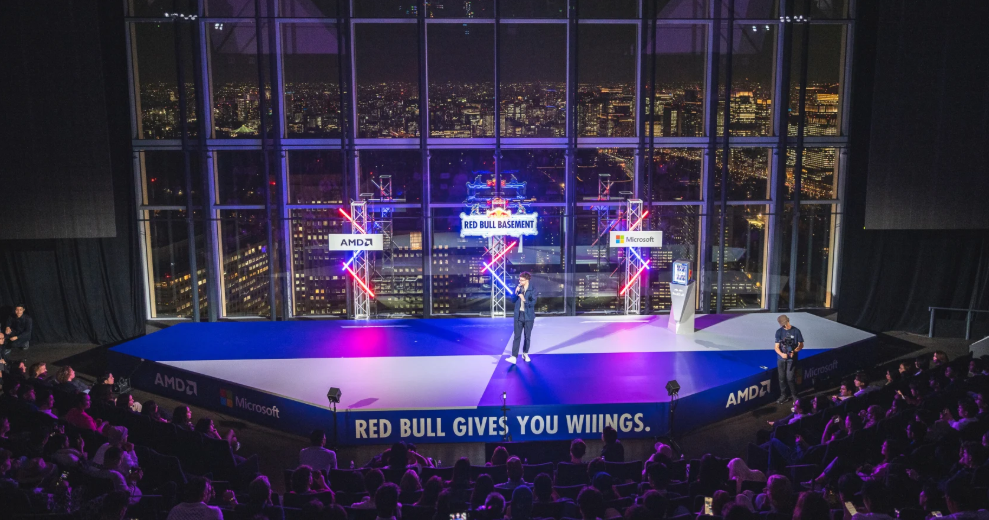Source: https://uaestories.com/dubai-rolls-out-smart-ai-traffic-system/
Living in the UAE in 2025 feels like stepping into the future, and honestly, it’s pretty incredible to witness firsthand. While many of us might associate cutting-edge technology with entertainment platforms like the best Emirian casino sites that offer seamless digital experiences, the reality is that this same innovative spirit is completely reshaping how we live, work, and move around these cities every single day.
Dubai’s Digital Revolution: When Everything Just Works
You know what’s really striking? The way these smart city initiatives aren’t just flashy tech demos anymore – they’re genuinely solving real problems that affect your daily routine. Take Dubai’s paperless government strategy. I’m talking about a complete transformation where you can handle everything from visa renewals to utility payments through one app. No more standing in lines, no more shuffling through government offices with stacks of documents. It’s the kind of efficiency that makes you wonder why every city isn’t doing this.
The transportation changes hit you immediately when you’re moving around Dubai. The AI-powered traffic management system has cut congestion by about 25% in key areas, which means your commute actually became faster this year instead of slower. During our recent testing of the autonomous taxi trials, what impressed us most wasn’t just the technology – it was how normal it felt after the first few minutes. You’re literally watching the steering wheel move by itself while the car navigates through traffic, and somehow it just works.
Abu Dhabi’s Sustainable Smart Living: Saving Money While Going Green
Now, let’s be honest about Abu Dhabi’s approach – they’re playing a different game entirely. The focus on sustainability through Masdar City isn’t just environmental posturing; it’s creating genuinely livable spaces that save you money. Residents in these smart communities are seeing real reductions in their utility bills thanks to integrated smart grids and solar panels. The beauty of this system is that you’re not sacrificing comfort for sustainability – if anything, having complete control over your home’s energy usage through smart systems makes life more convenient.
The smart grid technology means you can monitor exactly how much energy you’re using in real-time and adjust accordingly. What genuinely impressed us during our visits was how residents could pre-cool their homes during off-peak hours when electricity is cheaper, then coast through the expensive peak periods. It’s the kind of practical intelligence that puts money back in your pocket while reducing your environmental impact.
Sharjah’s Community-Centered Innovation: Smart Cities with Soul
Here’s the thing about Sharjah’s sustainable communities that really stands out: they’re proving that smart doesn’t have to mean sterile. The Sharjah Sustainable City project creates neighborhoods where you can walk to everything you need, grow your own food in community urban farms, and actually know your neighbors. It’s addressing something that got lost in many modern developments – that sense of community connection that makes a place feel like home rather than just a place to sleep.
The Aljada development takes this concept even further by integrating residential, commercial, and entertainment spaces in ways that encourage natural interactions. You’re not driving to separate zones for work, shopping, and leisure – everything flows together organically.
The Reality Check: What Actually Works and What Doesn’t
During our exploration of these initiatives, one thing became clear: this isn’t about having the most advanced technology for its own sake. Each emirate is solving specific challenges their residents face. Dubai tackles efficiency and convenience, Abu Dhabi focuses on sustainability and long-term planning, Sharjah emphasizes community and well-being, while Ajman streamlines everyday transactions and services.
The reality check? Not everything is perfect yet. Some systems still have learning curves, and the rapid pace of change means you’re constantly adapting to new ways of doing familiar tasks. But the overall direction is unmistakably positive. These aren’t theoretical improvements you might see someday – they’re changing how you live right now.
What makes the UAE’s approach particularly effective is that they’re not trying to reinvent everything at once. Instead, they’re systematically upgrading the parts of urban life that matter most: getting around, interacting with government, managing your home’s energy, and building stronger communities. The result is cities that feel more responsive to what you actually need, rather than what planners think you should want.



